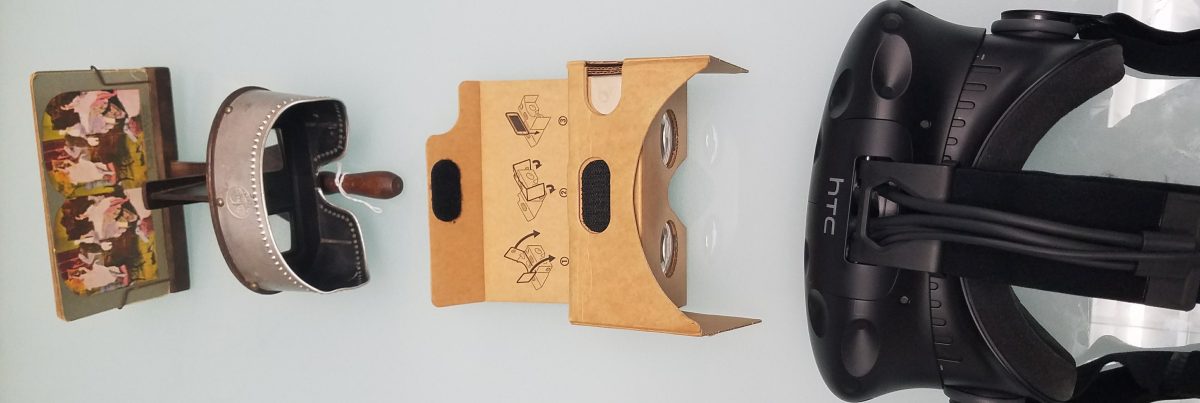A Day in the Life of a Superhero is an educational VR experience meant for children ages 4-10. The goal of the VR game is to teach kids the meaning of empathy at a younger age through the eyes of a superhero, hopefully carrying the message into their daily lives.
To begin this project, I thought about when I was a child and had fictional superhero characters that I looked up to. This got me thinking about heroes that are well recognized but are also outcasted by their citizens, such as Batman, the Hulk or the Incredibles. Batman is a wanted fugitive by the police yet he never kills anyone and only beats-up bad guys. The Hulk is a big, green monster that uncontrollably destroys everything in his wake, and nobody wants him around for it. The Incredibles, at one time, were outlawed if they revealed they had super powers.
After discovering this common theme of the hated superhero, I researched two studies conducted by psychologist Rachel White and other researchers from Stanford University. Their studies were conducted on numerous children roughly between ages 4-10. They had some of the kids dress-up as a superhero while others did not dress-up at all. All of the kids were asked to do long, basic tasks on a computer, allowing them to take as many breaks as they wanted. The studies found that after completing the tasks, the kids who dressed-up were more empathetic towards the researchers than the kids who did not dress-up. Furthermore, the kids in costume completed the computer tasks at a faster rate than the other kids not in costume.
A Day in the Life of a Superhero will attempt to reach young children and bring out more empathy. The players will step into the VR world, modern-day NYC, and will come across a robbery taking place in a tech-store. The players will have to stop the thief. After defeating the thief, the tech-store owner is ungrateful for your help as the player has just destroyed an android prototype that the store was testing as a security system.
Kids are more inclined to empathize with the superhero more-so than the citizens, yet after destroying the tech-store’s property they might feel sorry for what they did. The message A Day in the Life of a Superhero is trying to get across to these kids is if you want to be a superhero and help others, you have to understand how others feel first.
Jarrett, Christian. “Pretending to Be Batman.” The Psychologist, Dec. 2017, web.a.ebscohost.com/ehost/detail/detail?vid=4&sid=e1f67a23-0b18-4775-8b2f-163db16f8b8a%40sdc-v-sessmgr04&bdata=JnNpdGU9ZWhvc3QtbGl2ZQ%3d%3d#AN=126448371&db=a9h.
Tucker, Patrick. “Virtual Empathy.” Futurist, June 2013, web.a.ebscohost.com/ehost/detail/detail?vid=5&sid=e1f67a23-0b18-4775-8b2f-163db16f8b8a%40sdc-v-sessmgr04&bdata=JnNpdGU9ZWhvc3QtbGl2ZQ%3d%3d#db=a9h&AN=86889461&anchor=toc.


